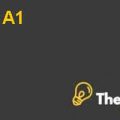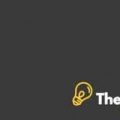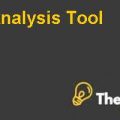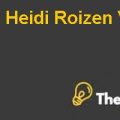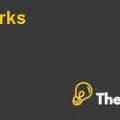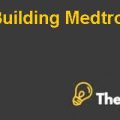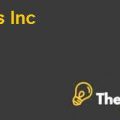
Transfer Pricing at Timken Case Solution
Introduction
This case study is about Timken Cooperation. The cooperation is the worldwide producer of anti-fiction bearings and steel. The company organized its business into three strategic business units such as Automotive Bearings, Industrial Bearings and Steel. The company used to sell variety of steels products to outside customers as well as supply to other two division of the company. Timken Cooperation is the public limited company and it was publicized in 1922.
Q1). The Automotive Division of Timken expressed concern that the transfer pricing policy for steel transfers did not allow the automotive division to exercise its considerable market power as a purchaser of bearings quality steel. Do you think their concerns were valid?
First of all, in order to answer this question it is necessary to understand the concept of transfer pricing policy.
Transfer Pricing Policy
Transfer pricing means the value or prices at which the transactions take place amongst related parties. It is a price at which an enterprise transfers physical goods and intangible property and provided services to associated enterprise. Transfer price gain significance because these can be used by the controlling party to their advantage to minimize tax incidence. It is observed that approximately 60% of the total transactions across the world are between related parties. If the transactions are across different tax jurisdictions, where tax rates are different, therefore, shifting is beneficial.
Transfer pricing policy of automotive division
The Automotive division of the company is the major supplier of roller bearings to automobile manufactures in all over the world. The flagship products of the company are Tapered roller. Each of the bearing consists of four principle components which include a cup, a cone roller and a cage. The major raw material of the automobile business basically relied on steel bar and seamless tubing; these are the major raw material components in the manufacturing bearings. The business manufactures large diameter bearing from seamless steel tubes whereas small diameter bearing from steel bars. Steel bar depends upon two factors that have relative cost advantages. First factor is the lower raw material cost of bar steel and other factor is less material scrap in connection of forgoing steel part (Appendix 1 &2).
Automotive business gets the market-based transfer prices as its description is based on the company’s statement on “Internal Controls and Company procedures”. The transfer policy for the automotive business should be reconsidered and the concern of the transfer pricing policy for steel transfers did not allow the automotive division to exercise its considerable market power as a purchaser of bearing quality steel. Their concern is valid because its past and current performance is not well enough as compared to the market and due to this the cost of the product increased.
It is assured that the automotive division uses its market power as a purchaser and purchases the raw material in low cost, however, the parent company will not allow to purchase from the market, therefore, the overall concern of them is invalid whereas Steel division should consider the negotiated transfer price.
Q2). Comment on the usefulness of the "Minimum Rule."
Minimum Rule
Minimum rule means that the division gets the material in minimum quota price which is comparatively low from the market. The firm needs to be cognizant of the behavioral issues related to negotiated transfer prices and manager performance evaluation based on transfer prices. As it was stated earlier, that if the transfer prices were higher than the market price, then buying division would not purchase. If the transfer price is lower than the market price, then the selling division will not sell. If it is in the interest of the firm for the transfer to take place, the reward system must be structured so that the transfer takes place..................
This is just a sample partial case solution. Please place the order on the website to order your own originally done case solution.

